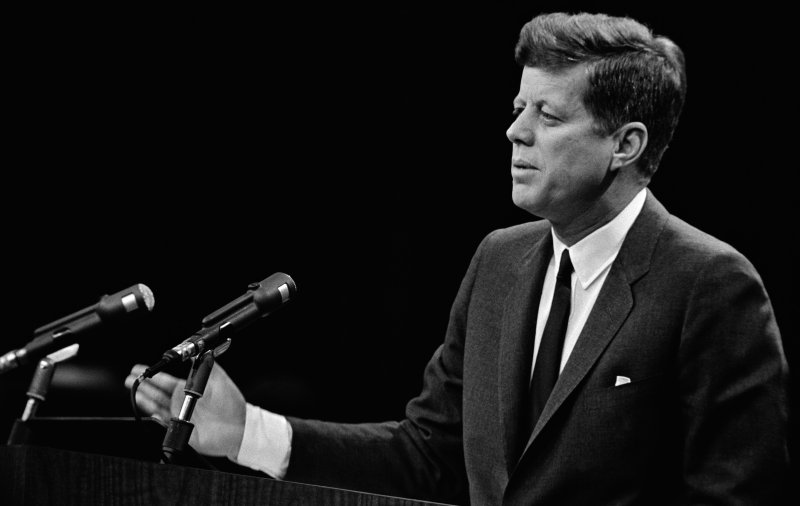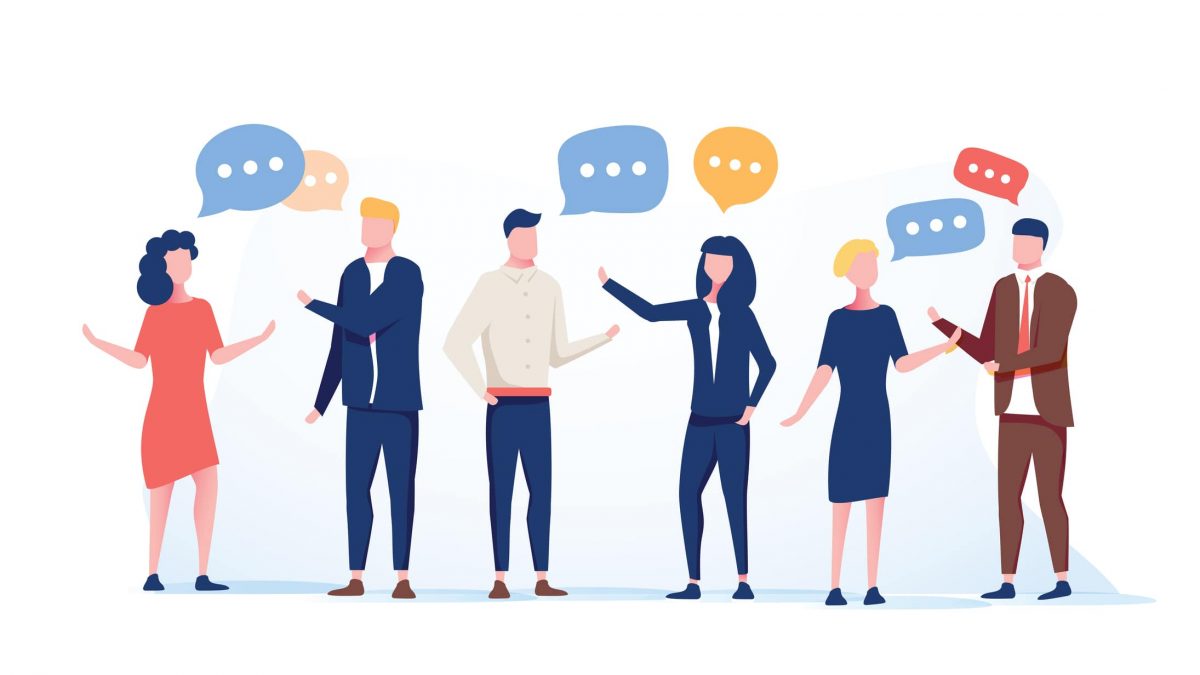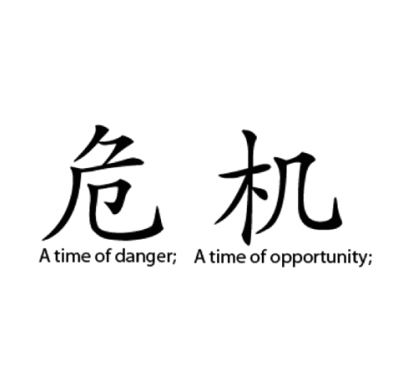Author: Dario Knez, MBA
‘A changing moment’ hints that crisis is a gateway for change. It is a time when we are impelled to embrace new circumstances that can potentially change our life for the better.
J.F. Kennedy on Crisis
By definition, crisis means danger and insecurity that unsettles us in all spheres of existence. From private life and work to the national and global environment, crisis creeps in by imposing disempowering and destructive emotions. Perplexity about the future coupled with the natural resistance towards unwanted change may well be the greatest issues we then face. John F. Kennedy unknowingly defined the term ‘crisis’ by pointing out that the Chinese use two brush strokes to define weiji (crisis).

WASHINGTON DC, UNITED STATES – 1963: American President John Fitzgerald Kennedy’s speech in 1963 in Washington DC, United States. (Photo by Keystone-France/Gamma-Keystone via Getty Images)
One brush stroke stands for danger, and the other stands for opportunity. “In the time of crisis, we should be aware of the danger – but also recognize the opportunity.” (J.F. Kennedy, Indianapolis, 1963) This definition became the gold standard not only for business schools but also for a wider audience. A closer linguistic look at Kennedy’s interpretation reveals that technically, it was not entirely accurate. Wei indeed means ‘danger’, but even the most creative interlingual rendition cannot translate ji as ‘opportunity’. Ji is best taken as ‘a changing moment’ (Mair, 2009). Without altering the popular definition, a perhaps more precise definition could be “In the time of crisis, we should be aware of the danger – but also be ready to embrace the changes”.
Positive Impacts of Crisis
Social media is leaving no stone unturned in making us aware of the calamitous nature of the present crisis. The coronavirus 8-weeks lockdown started in mid-March 2020 (Belgium) and has globally imposed unprecedented tectonic life changes. The majority of the world’s population has minimised or completely abandoned travelling. Home is now the default place of work, and obligatory social distancing is the legal norm, thus blocking direct human contact on so many levels.
‘A changing moment’ hints that crisis is a gateway for change. It is a time when we are impelled to embrace new circumstances that can potentially change our life for the better. Too often, such positive effects are recognisable only years later. Such a positive change occurred during the Great Recession of 2008-2010. During that time individual and organisational concerns for the well being of humanity and environmentalism strongly increased. It was a first strong altruistic trend opposing self-focus interest that had been growing since the early 1970s. Among youth approaching the job market, that crisis strengthened self-respect and reduced hard materialism (Twenge, 2013).
Can any long-term positive effects arise from these exceedingly constraining conditions? To what extent can this crisis positively impact how individuals and communities function? Here are only three of possibly many suggestions:
Since during crisis the mission and values that drive individuals and organizations are challenged, rethinking and evaluation are set in motion. When one aligns outer actions with the inner sense of purpose, then we allow a deeper creative impulse and authenticity (purpose) to flow through our organisational impact (work).
Communication
Shorter social interactions can become clearer and more focused. Efficient communications in a company will very likely result in higher employee engagement and stronger identification with the organizational mission. Organizational psychology agrees that there is a direct correlation between good communication and overall success of the company.

Education
The changing working environment pushes us to learn new skills and tools to cover each other’s jobs when needed. Continuous learning strengthens-up self-respect and elevates an individual as a worker and as a person. Employee education translates into better performance, more productivity and profitability for the organisation.
Continuous learning strengthens-up self-respect and elevates an individual as a worker and as a person.
Purposefulness
Since during crisis the mission and values that drive individuals and organizations are challenged, rethinking and evaluation are set in motion. When one aligns outer actions with the inner sense of purpose, then we allow a deeper creative impulse and authenticity (purpose) to flow through our organisational impact (work).
The list will not stop here. It is vital to be aware that during the bothersome time of adversities could ultimately lead to some hidden benefits and improve the overall quality of our lives. Without idolizing burdensome experiences, let us try to draw out of them what is most meaningful and beneficial individually and collectively.
* Purpose delivered through mission, objectives and ethics is examined and taught at Alfred Ford School of Management during the Strategic Management MBA module.
The views and opinions expressed in this blog are those of the author and do not necessarily reflect the official policy or position of the Alfred Ford School of Management.
Do you have questions about students’ experience at Alfred Ford School of Management?




